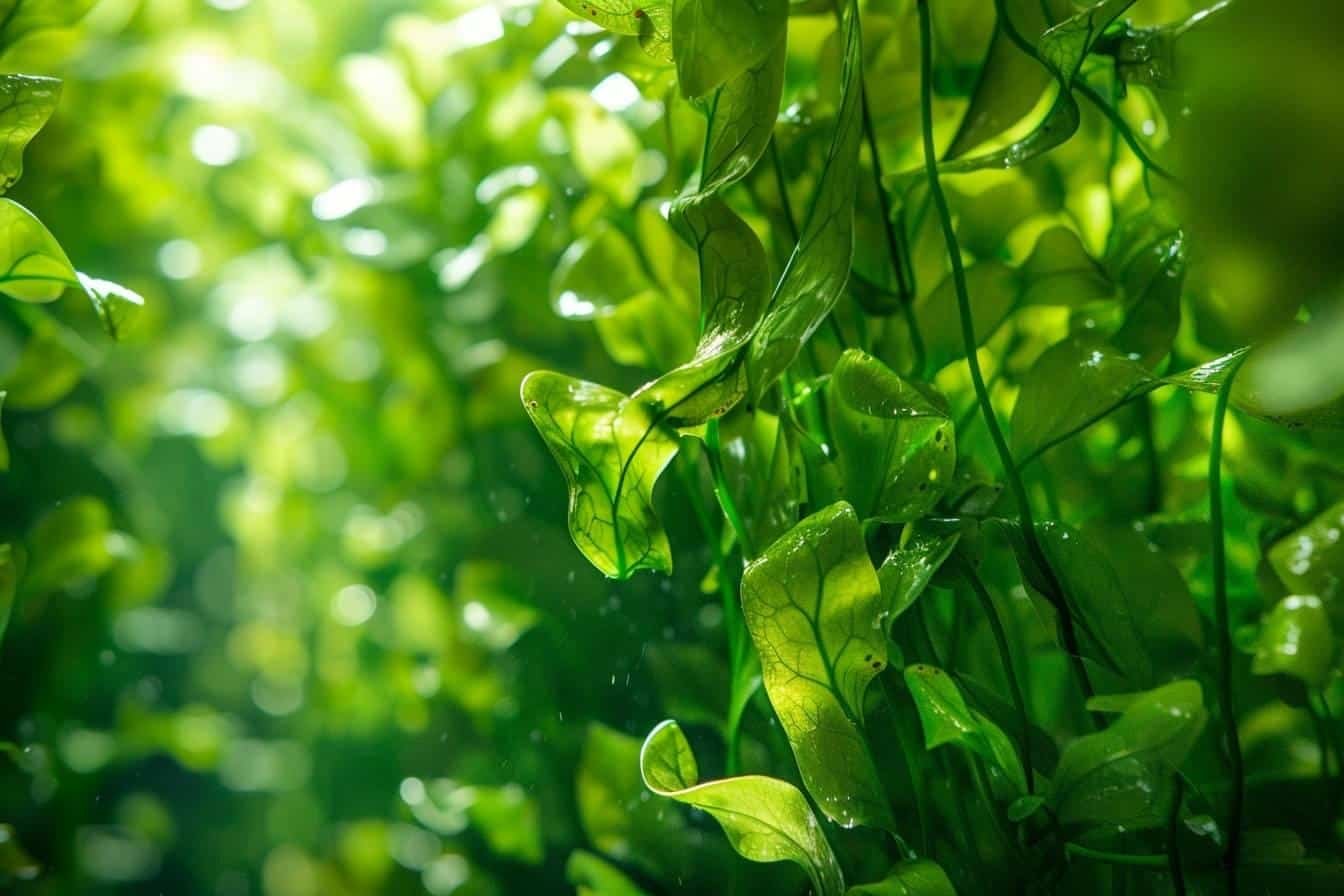Algaculture is an increasingly popular practice around the world. As a young department manager in a pet shop, I'm very interested in this innovative method, which has considerable benefits for the environment and our economy. Here you can find out everything you need to know about algaculture, its techniques, benefits and global impact.
Overview of seaweed farming worldwide
Algaculture, also known as phycoculture or algocultureAlgae farming refers to all operations aimed at maintaining, multiplying or developing algae. These operations may be intended for industrial, commercial or ecological purposes.
- Types of algae grown Microalgae (phytoplankton, microphytes) and macroalgae.
- Growing environment In the laboratory, using specific culture media that mimic the natural environment.
- Components of an algae culture culture medium, algae cells, air for carbon dioxide exchange.
Around the world, seaweed cultivation is already well established in areas such as Asia (China, Philippines, Indonesia) and Latin America (Chile, Peru). On the other hand, the Caribbean region still produces very little seaweed, despite ideal climatic conditions.
Seaweed farming: an alternative to the predominant fishing industry?
With increasing pressure on fish stocks, seaweed farming is becoming an increasingly sustainable alternative to traditional fishing.
- Macro-algae: cultivated for human and animal consumption via cuttings in foreshore waters.
- Micro-algae: used for biomass for nutraceuticals and biofuels.
In France, the " aquaculture d'avenir" programme for 2022-2027 aims to support the algaculture industry, particularly for food outlets (omega-3), the production of bioplastics and pharmaceutical products. This presents considerable regulatory and technological challenges, but promises to usher in a new era of algaculture.
Personally, I had the opportunity to take a three-day course on growing macro-algae. Imagine my surprise when I discovered that these algae, so often neglected in the West, offer exceptional nutritional benefits and are also easy to grow under certain controlled conditions!

Between biology and geography, seaweed farming and sustainable development
Sustainable development fits perfectly with the objectives of seaweed farming. Growing algae offers significant environmental and socio-economic benefits. Seaweed plays a crucial role in preserving marine ecosystems and reducing greenhouse gases.
Specific geographical areas such as the inter-tropical territories and the Caribbean offer ideal natural conditions for seaweed farming. Imagine spending your next holiday on a Caribbean island, admiring not only the beaches but also the ecological seaweed farming facilities!
Innovative projects, such as algofuel for energy autonomy, are currently being developed. However, this requires precise management of water quality and the temperature cycle to avoid biological and chemical contamination.
An illuminating case study: red algae cultivated in the Lesser Antilles
The Lesser Antilles, in particular, are renowned for their seaweed farming initiatives, especially the cultivation of red algae, widely used for their gelling properties and in cosmetics. The cultivation of red algae is of vital importance to the local economy, generating jobs and promoting sustainable development.
The techniques used range from traditional cuttings in foreshore waters to more technological methods such as photobioreactors. The latter require closed tubes and precise management of artificial light and CO2.
A friend who stayed in the Lesser Antilles told me an anecdote: the seaweed farm where he works has seen a significant increase in macro-algae production thanks to rigorous management of environmental factors and the active collaboration of local communities.
| Type of algae | Main application | Growing environment |
|---|---|---|
| Microalgae | Biomass, nutraceuticals, biofuels | Photobioreactors, artificial ponds |
| Macro-algae | Food, cosmetics, fertilisers | Cutting in foreshore water |
So, are you convinced by this wonderful algal adventure? Join the seaweed farming community and help to preserve our planet. No one will say it's easy, but the results are well worth the effort!
